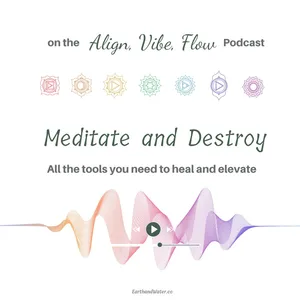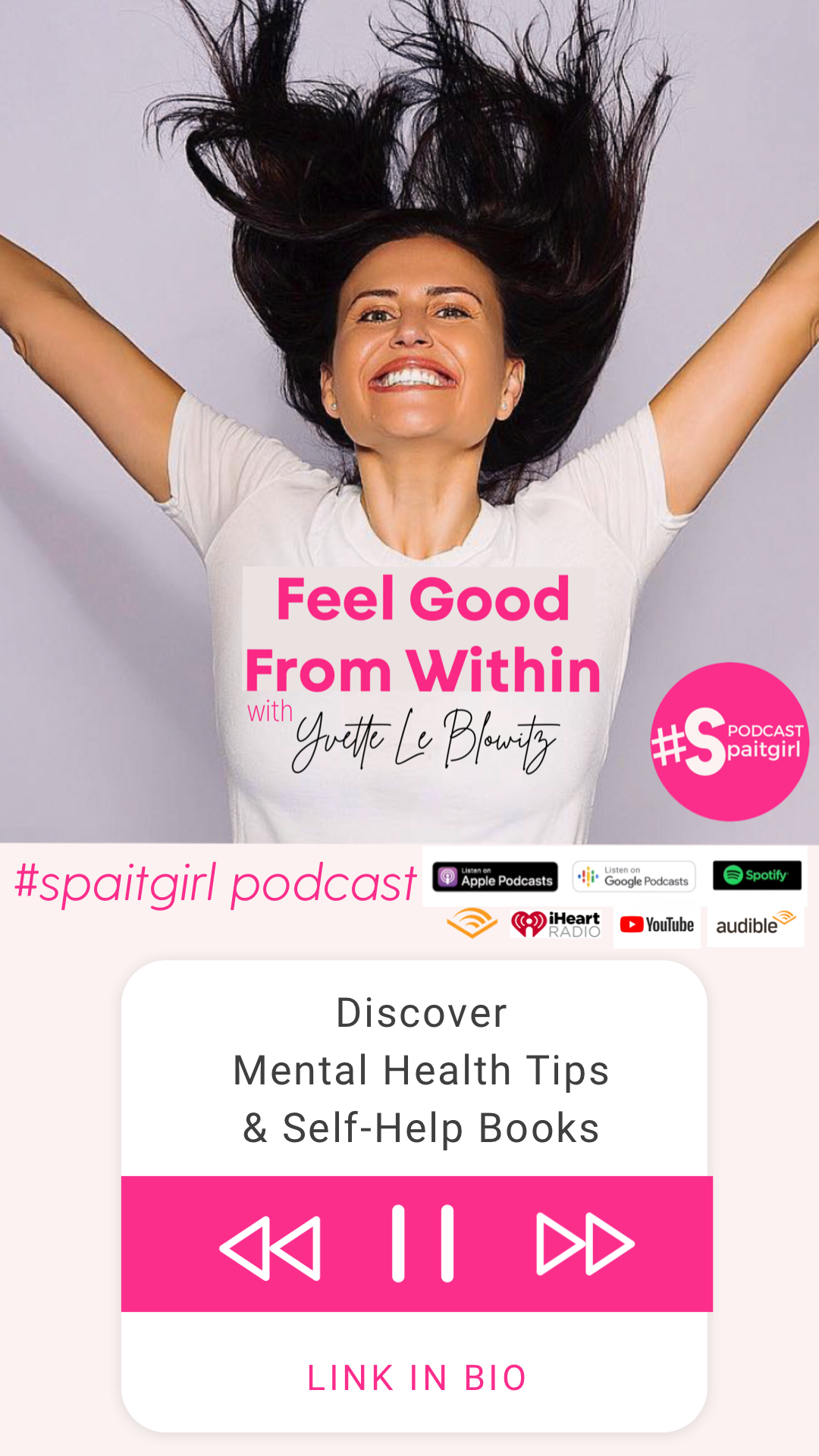Podcast Summary
Government restrictions on live gigs leave industry without income during peak month: The government's approach to allowing live gigs at 50% capacity without subsidizing tickets has forced cancellations and financial hardship for artists, promoters, and venues during the busy December month.
The pandemic-induced restrictions on live gigs have left many people in the entertainment industry without income during a traditionally busy month. The government's approach of allowing gigs at 50% capacity without subsidizing the tickets has forced artists, promoters, and venues to cancel or postpone their shows, leaving many without work and income. This situation is particularly challenging as December is a peak month for live gigs, and the following months are usually quiet. The podcast host, who was planning sold-out gigs in December, had to move them to March due to these restrictions. While the host acknowledges the importance of public health, they criticize the government's approach for its lack of support for the industry and the financial hardship it has caused.
Irish Entertainment Industry Faces Challenges Amidst Lack of Government Support: Support Irish artists by buying merchandise or attending virtual events. Understand different perspectives on mental health and the potential limitations of Western approaches to treatment.
The Irish entertainment industry is facing significant challenges due to the government's lack of recognition and support for it as a legitimate employment sector. This has left many artists and professionals out of work during the pandemic. A solution for listeners is to support Irish artists in any way they can, such as buying merchandise or attending virtual events. Additionally, during the interview with Professor Ian Robertson, they discussed anxiety and neurodivergence. Ian, a renowned expert in his field, explained the science behind anxiety and shared his critical perspective on the medicalization of human behavior. Another intriguing topic touched upon was the potential limitations of Western Psychology, specifically Cognitive Behavioral Therapy (CBT), when applied to non-Western cultures. The example given was the Yarlan and Yngara people in Australia, whose perception of time differs from Western societies. This raises the question of whether Western-centric approaches to mental health treatment are universally effective. Overall, the conversation highlighted the importance of understanding different perspectives and approaches to mental health and employment, and the need for continued support and recognition for the entertainment industry.
Exploring Indigenous Australian Beliefs and Cultural Sensitivity in Mental Health: Understanding and respecting diverse cultural beliefs is crucial for effective mental health treatment. Flexibility in insurance coverage and support for independent podcast creators are also important.
Our perspectives on time and mental health treatment can greatly differ between cultures. The speaker expressed his fascination with the indigenous Australian belief system of the dream time and acknowledged the impact of colonialism on their culture. He plans to learn more about it and intends to speak with indigenous Australians when he visits the country in 2022. Additionally, the speaker emphasized the importance of understanding and respecting different cultural beliefs and the role of flexibility in mental health and insurance coverage. He encouraged listeners to support independent podcasts and to consider donating to support the creators. The conversation touched upon various topics, including CBT, neuroscience, and the importance of cultural sensitivity.
The Merger of Psychology and Neuroscience: Through brain imaging technology, psychology and neuroscience have merged, leading to a more comprehensive understanding of the brain and correcting inherent biases.
Podcasts are evolving into a more sophisticated and scientific medium, much like radio. This was highlighted during a conversation with neuroscientist and psychologist Professor Ian Robertson. Before functional brain imaging, neuroscience was largely focused on studying the brain through invasive methods like dissecting brains. However, with the advent of brain imaging technology, psychology and neuroscience began to merge, leading to a more comprehensive understanding of the brain. Psychology, which was once seen as a philosophical pursuit, is now a science that uses a systematic method to correct our inherent biases and tendencies towards confirming our own opinions. This conversation underscores the importance of supporting independent podcasts and the role they play in bringing complex scientific concepts to a wider audience.
Applying Western psychology to non-Western cultures: Different cultures have unique ways of thinking and applying Western psychology may not be effective. Instead, understanding various perspectives and unlocking different brain circuits can foster creativity while respecting societal rules.
The application of Western psychology and scientific methods may not directly translate to all cultures due to differences in worldviews and ways of thinking. Carl Jung, for instance, was an influential thinker whose ideas, while intriguing, may not be considered scientific by modern standards. The concept of cults, whether traditional or digital, can be misleading when discussing ideas and their validity. Cognitive Behavior Therapy, rooted in Western rationality and empiricism, may not resonate with cultures that have vastly different perspectives on time and reality. Instead, understanding various ways of thinking and unlocking different brain circuits can help in engaging in creative processes while still adhering to societal rules.
The Illusion of Self and Reality: Our perception of self and reality is an illusion constructed by the brain through prediction and habit formation. Some substances can disrupt this mechanism, leading to both positive and negative consequences. Our understanding of time is also an illusion, interconnected with space through Einstein's theory of relativity.
Our perception of self and the world around us is an illusion constructed by our brains through a process of prediction and habit formation. This can limit our creativity and ability to experience the world in its raw form. Some substances like psychedelics can disrupt this prediction mechanism, leading to both positive and negative consequences. It's important to note that these substances should only be used in a therapeutic context and under the guidance of medical professionals. Additionally, our understanding of time is also an illusion, as it is interconnected with space through Einstein's theory of relativity. These insights can help us appreciate the complexities of our perception and the limitations of our understanding of reality.
The continuation of information in human existence: Our thoughts, ideas, and actions continue as information even after physical death, providing comfort in dealing with grief, but not the individual self.
Information and energy, much like the physical world, cannot be created or destroyed. This concept, derived from both classical physics and quantum physics, extends to our understanding of human existence. Our thoughts, ideas, and even the way we move and interact with the world, are all forms of information that continue to exist, even when the physical self is gone. This idea, known as digital immortality, can provide comfort in dealing with grief. However, it's important to remember that this concept refers to the continuation of information, not the individual self. Cases of unilateral neglect demonstrate how the brain can create alternative realities, but these denials often lead to poorer outcomes. Neurodivergence, a term used to describe people whose brains function differently from the neurotypical norm, is another topic that highlights the complexity and diversity of the human mind.
The risks of labeling oneself with a medical diagnosis: Focusing on brain plasticity and personal growth is more empowering than labeling oneself with a diagnosis. Be aware of potential downsides of medicalization and embrace the complexity of human experiences.
While it's important to acknowledge and understand the spectrum of human behavior and the existence of neurodivergence, labeling oneself with a medical diagnosis, such as neurodivergent or having a condition like ADHD, can have negative consequences. The risk is that internalizing such a label can lead to a fixed mindset, which may hinder personal growth and the willingness to engage in the difficult learning process required to change behaviors. Instead, focusing on the plasticity of the human brain and our ability to learn and adapt can be a more empowering perspective. Additionally, the medicalization of human behavior has significant risks and it's crucial to be aware of the potential downsides. The speaker critiques the over-reliance on diagnostic manuals and checklists, emphasizing the importance of embracing the complexity and variability of human experiences.
Approaching mental health conditions with an open mind: Recognizing anxiety as a biased attention and memory issue instead of a psychosis can lead to effective mindfulness techniques and better outcomes, while traditional medical model treatments may not be as effective.
The way mental health conditions are approached and treated can have a significant impact on individuals' lives. An open-minded and forward-thinking psychiatrist who recognized the signs of anxiety instead of psychosis and recommended mindfulness techniques like meditation, rather than medication, helped one person manage their anxiety effectively. However, had they received a different diagnosis and treatment in a more traditional, medical model psychiatric clinic, they could have ended up heavily medicated or worse. Anxiety can cause irrational thoughts and even hallucinations, but these are often a result of the brain's biased attention and memory systems in a threat mindset, looking for evidence of danger. Understanding this and focusing on rethinking and relearning can lead to better outcomes.
Anxiety distorts perception and memory: Anxiety can make us focus on negatives, creating a cycle of anxiety and making it harder to recall positives. Practicing mindfulness can help break this cycle.
Anxiety can distort our perception and memory of experiences, making us focus on negative feedback and remember past failures. This selective attention and memory bias can create a vicious cycle of anxiety, making it harder to recall positive experiences and think rational thoughts. Evolutionarily, our ability to read other people's facial expressions and anticipate threats was crucial for survival. However, in modern society, focusing on negative feedback can be detrimental. Learning to control your attention through practices like mindfulness and focusing on your breath can help change the chemistry of your brain and reduce anxiety more effectively than medication.
Breathing and Anxiety: Practicing breathing techniques can reduce noradrenaline levels and help manage anxiety, but past experiences may hinder us from utilizing these methods effectively.
Our breathing plays a significant role in managing anxiety. When we hold our breath or breathe irregularly, it increases noradrenaline levels in our brain, worsening anxiety. By learning and practicing breathing techniques, we can reduce noradrenaline levels, allowing rational thought to come in and reducing anxiety further. However, some people may have internalized a medical characterization of their anxiety, leading them to believe that learning breathing techniques is unnecessary. This belief can stem from childhood experiences or intergenerational trauma. It's essential to recognize that these experiences can shape our beliefs and behaviors, and through therapy or self-reflection, we can challenge and repattern our thinking to improve our mental health.
The power of past experiences and beliefs to shape our emotional state and limit growth: Learn to reprogram your brain and break free from limiting patterns by exploring alternative perspectives and recognizing your ability to control emotions and find meaning in overcoming challenges
Our past experiences and beliefs, including those related to anxiety, can significantly shape our emotional state and limit our growth. However, it's possible to learn to reprogram our brains and break free from these patterns, even if it takes time and effort. The key is to avoid a fixed theory of the cause of our anxiety and instead explore alternative perspectives, such as the impact of external factors or generational patterns. By recognizing the power we have to control our emotions and break cycles, we can find deep meaning and self-fulfillment in overcoming challenges and ending the pain for ourselves and future generations. It's an internal, intrinsic form of finding meaning, and it's a message that can bring immense positive change to countless lives. So, if you're feeling stuck or anxious, remember that you have the capacity to learn and grow, and that the belief in your ability to do so can be a powerful catalyst for change.
Push past your comfort zone to overcome fear: Accept life's challenges, set small goals, and take action to build confidence and reduce anxiety.
While we can't control external events, we have the power to control how we react to them. Anxiety often makes us want to avoid challenges and do less, but setting small goals and taking action can help build confidence and reduce anxiety. The speaker's transformation was inspired by art and the need to know a song in a crowded pub, which led him to push past his comfort zone and ultimately overcome his fears. Accepting that life will bring suffering and pain, but choosing how to react to it, is a powerful way to find meaning and control in an uncertain world.
Discovering new experiences can improve mental health: New experiences can release dopamine, acting as natural antidepressants and anxiety reducers. Setting goals and experiencing small successes can also contribute to brain health. Neuroplasticity allows for changes in synaptic connections, making it easier to face fears and challenges.
Personal growth and overcoming fears can lead to significant improvements in mental health and overall well-being. The speaker's experience of discovering an incredible song and the subsequent impact on his brain's reward system serves as an example of this. This experience, which involved approaching the DJ and writing down the song name, resulted in a boost of dopamine activity in the reward network, acting as a natural antidepressant and anxiety reducer. Furthermore, the act of setting goals and experiencing small successes can contribute to the overall health of the brain. Additionally, neuroplasticity plays a role in this process, as repeated actions and thoughts can change the pattern of synaptic connections in the brain, making it easier to face fears and challenges. The ultimate goal is to create a society where mental health resources and support are readily available to everyone, allowing individuals to prioritize their mental well-being and grow in a sustainable and healthy manner.
Capitalism thrives on insecurities and self-improvement: Capitalism profits from selling false narratives of self-improvement through products, rather than focusing on internal emotional well-being
Capitalism thrives on people's insecurities and constant need for self-improvement. The industry creates a false narrative by advertising products as solutions to improve one's self-worth, rather than selling the actual functionality of the product. For instance, a bar of soap doesn't make you a better person, but advertisements sell the idea of a better version of yourself. This perpetuates a mentally unhealthy society under consumerism. Instead, focusing on emotional well-being and valuing oneself internally can lead to a more balanced and sustainable approach to consumption. The guest, Professor Ian Robertson, emphasized this idea during the podcast discussion. Despite the challenges in producing the podcast due to limited resources, the importance of this message remains significant. For Mother's Day, consider shopping at Whole Foods Market for premium gifts, flowers, and treats, but remember that true self-worth comes from within.








